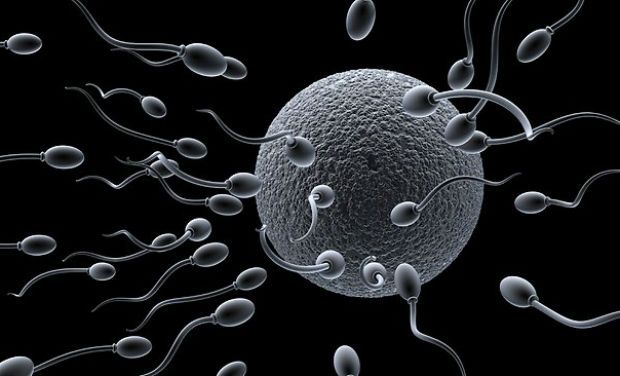Bisexual women, homosexual men have multiple sexual partners: Study

Older women, who are sporty or bisexual , are more likely to have a higher than average number of sexual partners in a lifetime compared to their female peers, says a new study. Such women also share some social, demographic and behavioural patterns with men, like income influencing same sex preference among older men, the findings indicated. So far, studies on sexual behaviour and associated health risks have tended to focus on teenagers and young people rather than older age groups, say the researchers from the University College London. To plug this knowledge gap, the team included a sample of 3,054 men and 3,867 women aged 50 and above to explore the factors associated with the numbers of sexual partners they had. Information on ethnicity, marital status, household income, sexual orientation, health and lifestyle -- the frequency and quantity of smoking, drinking and physical activity -- was also gathered. The findings, published in BMJ Sexual & Reproductive He...



